the other day, i was talking to a friend who claimed they feel useless when they’re not being productive. it wasn’t a dramatic statement- just one of those things people casually say in passing. but it stuck with me. not because it was unfamiliar, but because it was exactly how i used to think. i could hear echoes of a younger version of me in their voice- someone who would measure her self-worth by how much she could achieve, do, or perform.
for a long time, i tied my worth to how much i could get done. not because i was explicitly told that, but because it was baked into the way i was raised, the systems i moved through and the praise i received. at some point, “doing nothing” started to feel like a moral failure. the guilt was chronic. if i wasn’t being useful, i was wasting time. and if i was wasting time, then i was falling behind. behind who? i could never say exactly. just… behind. the invisible race of high-functioning, polished people who had their lives together.
i often say productivity isn’t tied to worth, and hustle culture is harmful. but i didn’t always believe that- not in practice. i used to wear my burnout like a badge of honour. i thought i was “ambitious and determined”. i didn’t always realise i was tending to productivity like it was a garden. i thought i was nurturing something real- structure, purpose, growth. but over time, i noticed the soil was dry and the roots were brittle. i was watering my days with urgency, planting checklists where rest should’ve been. i was pruning myself down to only what was “useful.” and even when the blooms came- compliments, achievements, milestones, they wilted so fast i barely got to enjoy them. my life looked cultivated, but nothing truly nourishing was growing inside me.
the problem with tying your worth to productivity is that even when you “win,” it doesn’t feel like winning. you finish the assignment, tick off the to-do list, hit the deadline- but the satisfaction is so thin it slips right through you. the relief is momentary, and then you remember everything you haven’t done. everything that still needs fixing. everything that could be better. it’s like drinking saltwater: the more you chase it, the thirstier you become. you think maybe the next thing will make me feel full. it never does.
modern day culture praises productivity as if it’s a moral virtue. working hard is something to romanticise, and rest is something you have to earn, not something you deserve by simply existing. we build our days around what we produce and then feel guilty when we don’t measure up to a version of ourselves that might never have been real. even rest becomes a performance: the perfect bath, the carefully curated self-care routine, the “slow day” posted online. if it’s not efficient, optimised, or visible, it feels pointless.
this pressure isn’t just about money or a career- it goes deeper. it’s about believing that our value depends on output. that feeling of guilt on a day spent doing little. the hesitation when someone asks how you spent your time, and you say “not much.” the sting of defensiveness when you see someone else consistently “doing more.” psychology calls this “performance-based self-worth”- the belief that your value depends on achievement. research shows people who believe this carry higher levels of anxiety, perfectionism, and burnout, no matter how much they accomplish. the grind steals more than your time- it erodes your sense of self.
in our tech-driven world, life is gamified: health, habits, attention all turned into scores to beat. there’s nothing wrong with tools, but something is wrong with a system that makes you feel like a failure for missing a daily goal or breaking a streak. we replace reflection with metrics, healing with hustle, presence with proof.
but peace isn’t laziness. it’s not passivity or lack of ambition. it’s a different kind of ambition- one rooted in clarity and calm, not panic and fear. peace is the ability to say, “i can rest now,” without needing to earn it. it’s slowing down your speech, your scrolling, your typing- not because you’re inefficient, but because your mind and body need gentleness. peace is a quiet trust in time, a refusal to be driven by fear.
some of the most creative and thoughtful people have worked from this place. writers like haruki murakami, whose novels often explore stillness and the quiet moments beneath life’s chaos. fyodor dostoevsky, who delved deeply into the complexities of the human soul, reflecting patience and contemplation rather than rushing to answers. filmmakers like hayao miyazaki, whose stories and interviews emphasise harmony with nature and the importance of inner peace. for all of them, peace isn’t a finish line- it’s the path itself. they remind us that true creativity and insight come not from constant hustle, but from slowing down, listening deeply, and moving through the world with calm intention.
“sometimes, it’s in doing nothing that we feel everything." - hayao miyazaki
so what if we stopped measuring our days by what we get done? what if, instead, we measured by how at ease we felt? how much space we made for rest, for stillness, for simply being?
what if success wasn’t about crossing things off a list but about the small moments of peace we allow ourselves- pausing to breathe deeply, savouring a quiet cup of coffee, simply just staring at a late afternoon sky? what if the value of a day was found in how connected we felt to others, to ourselves, to the present moment- rather than in the tasks we completed? and it wouldn’t have to be posted and labelled as a “self-care sunday”, because why should we only care for ourselves on one day of the week? and why must we feel the need to turn our self-care into content? we should simply just let it be life. we could allow time in our day for doing “nothing”. spend our days paying attention to the rhythms of our body and mind instead of the demands of a to-do list. saying yes to what truly feels nourishing and no to what drains us. giving ourselves permission to slow down without shame or explanation. valuing growth not only as achievement but as learning gentleness and self-compassion.
so, how do you approach this shift?
changing these habits isn’t about perfection. i still slip back into old patterns- rushing, overcommitting, measuring my value by achievements. but when i remember that peace isn’t a reward to earn but a state to choose, it becomes easier to return to gentleness. to trust that my life belongs to me, not to the endless demands of a world obsessed with doing more.
here are some small ways i make my life feel a little bit more gentle and a little bit more soft, because everyone deserves to invite peace into their life:
start the day slowly. resist jumping straight into your emails or social media. sit in quietness, even if it feels boring. unlearn overstimulation 24/7.
create small, grounding rituals. light a candle and sit with the scent. listen to your favourite song before you start your day. enjoy small things you usually wouldn’t spend more than ten seconds caring about.
move your body with kindness. gentle yoga, a calm walk outside, or simple stretches that invite awareness rather than intensity.
allow yourself “empty” time. blocks of unplanned moments where you don’t try to fill the space with tasks, just letting your mind rest.
end your day with gratitude. before bed, think of a few simple things that brought you comfort or joy that day, no matter how small.
if you know me, you know i love movies- they are my escape. here are some i watched that helped me shift my mindset and realise that productivity isn’t tied to my worth, that peace and stillness is enough. they taught me to appreciate the softer, more gentle parts of life.
the wind rises (2013, dir. hayao miyazaki)
a quiet, more grounded miyazaki film about art, love, and purpose. it's deeply meditative- a bittersweet look at pursuing beauty in a world marked by suffering. you feel the cost of ambition and the gentleness of surrender.
spring, summer, fall, winter... and spring (2003, dir. kim ki-duk)
this movie is set entirely on a floating monastery. it's a korean film that i would describe as pure visual poetry. with minimal dialogue, it explores the cycles of life, inner peace, and the quiet transformation that comes with time and solitude. it’s insanely philosophical and has grown to become my favourite movie of its genre.
the taste of cherry (1997, dir. abbas kiarostami)
a meditative iranian film that slowly unfolds like a philosophical dialogue. it’s about life, death, and the tiny, overlooked things that can make life worth living- like the taste of a cherry! still, slow, and quietly hopeful.
an autumn afternoon (1962, dir. yasujirō ozu)
ozu’s final film. spare, reflective, and precise. it’s not plot-driven, but it captures the ache of time passing and the beauty of quiet domestic moments. it offers a kind of spiritual stillness.
ikiru (1952, dir. akira kurosawa)
a bureaucrat learns he's dying and tries to figure out how to truly live. it’s powerful without being preachy. a moving meditation on purpose, legacy, and choosing meaning over achievement.
we are not machines. we are not tasks waiting to be completed or projects in progress. we are living, breathing beings- meant to rest, to wonder, to simply be. the world may not always reward stillness, but that doesn’t mean it isn’t sacred. the softness we create in our lives is a quiet rebellion. choosing peace isn’t giving up- it’s coming home to yourself. and maybe that’s the most meaningful kind of productivity there is.




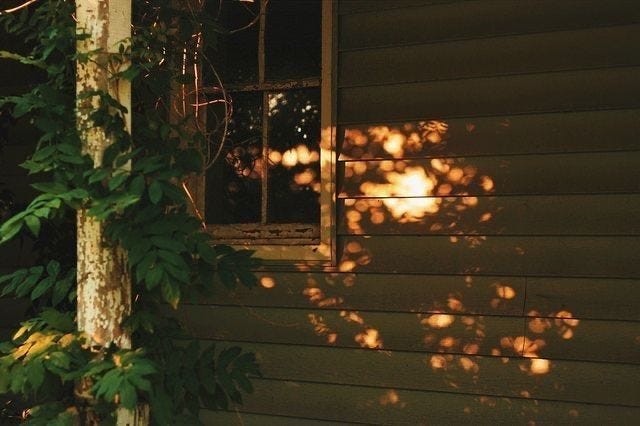


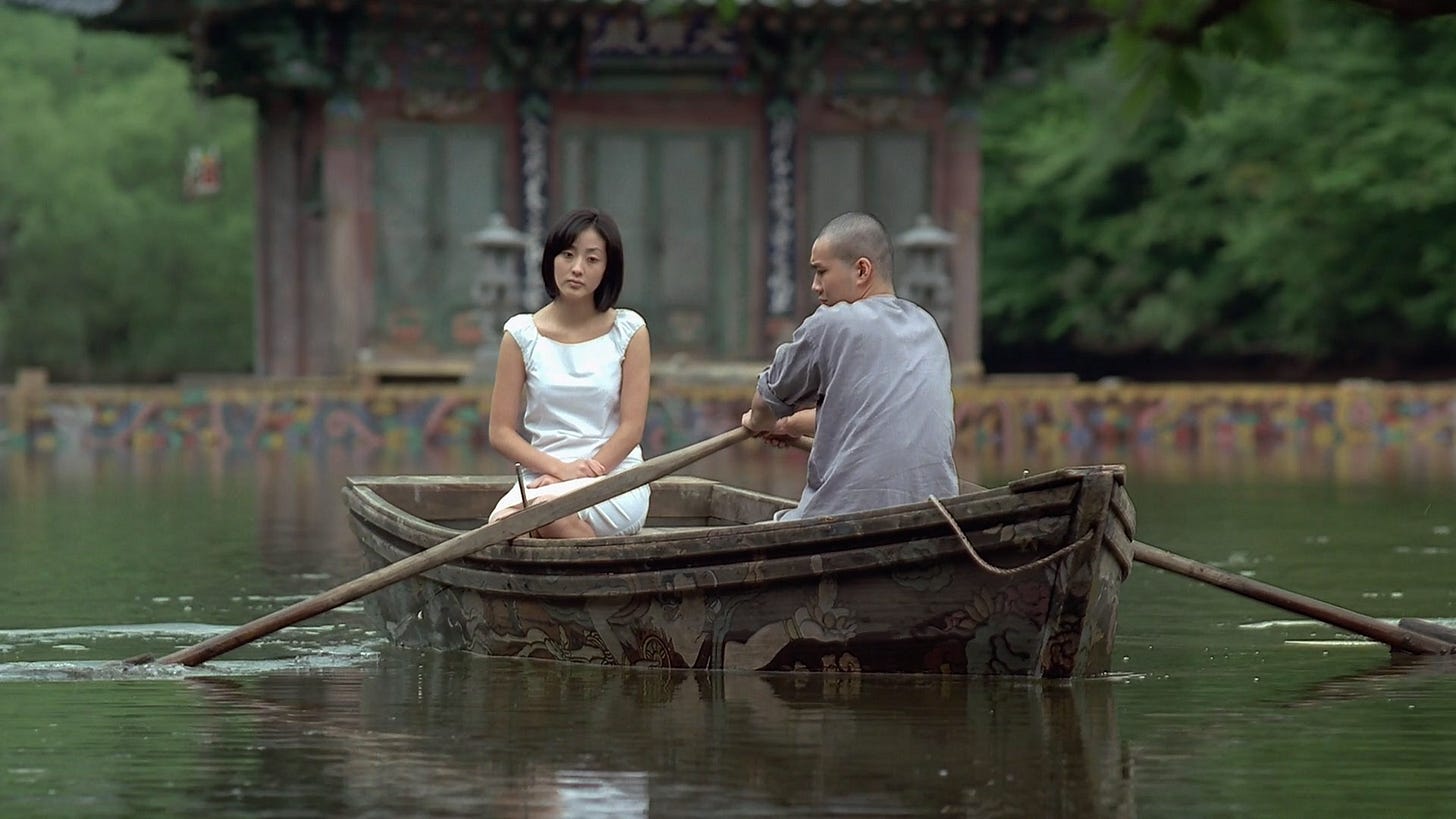
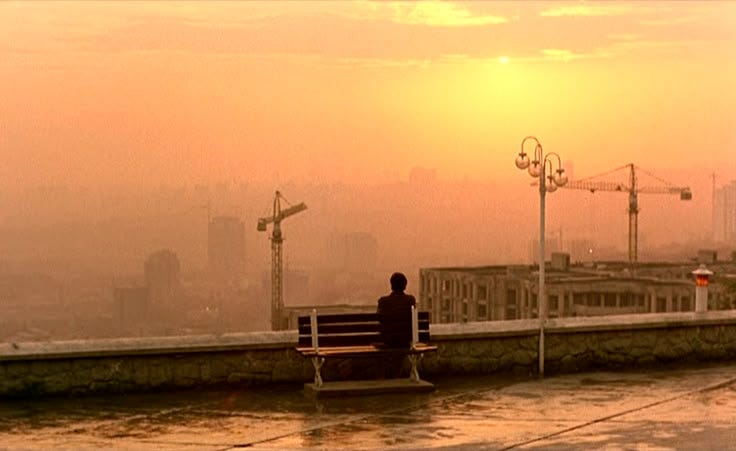

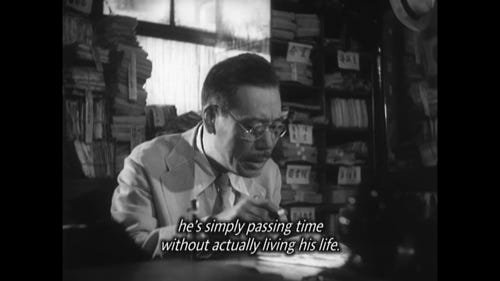
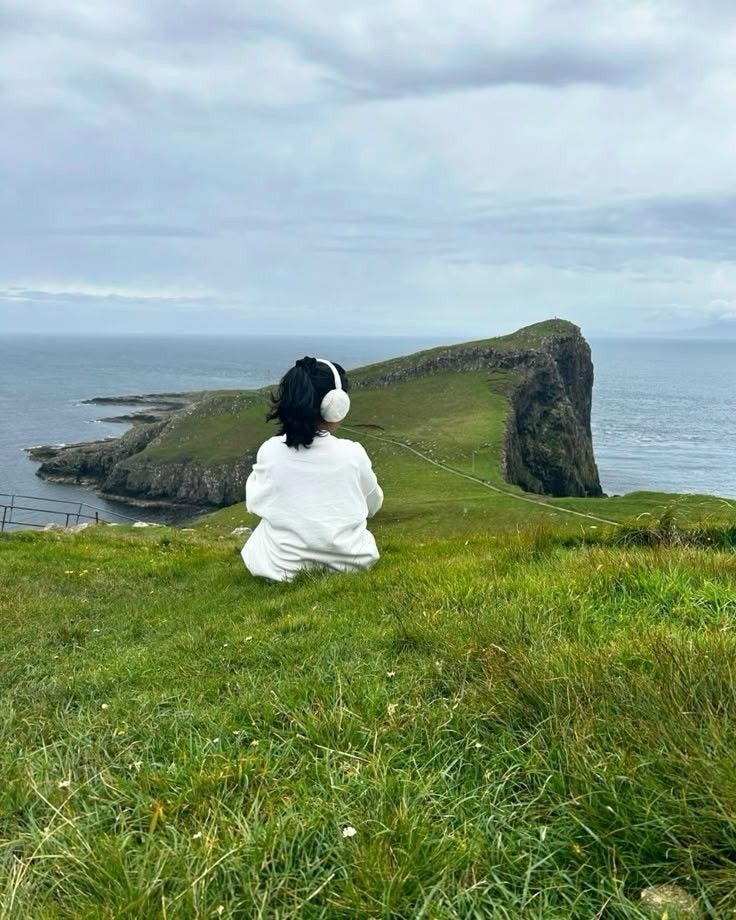
this is so beautiful and well written-i’m going to try the blank time u mentioned
I love this, thank you for this reminder. As a full-time nursing student and working part-time/full-time, it's difficult not to get lost in the thought of not being enough when I take moments to rest. Since most of my current lifestyle is locked into "hustle" mode, I find I've become a little less present and disconnected from my identity.
I'll take some time today to work on this, thank you <3